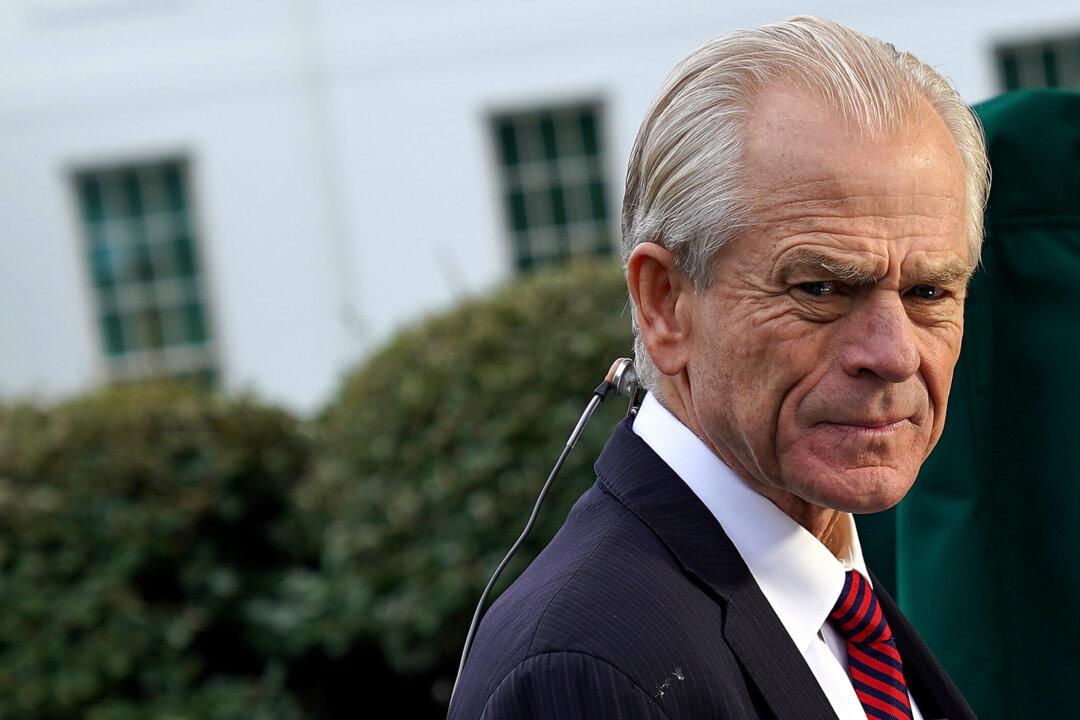A six-person team that included Rudy Giuliani and Peter Navarro briefed hundreds of state lawmakers about evidence of election irregularities, during a Jan. 2 meeting.
The virtual meeting included legislators from Arizona, Georgia, Michigan, Nevada, Pennsylvania, and Wisconsin, Navarro said during an appearance on Fox News.






